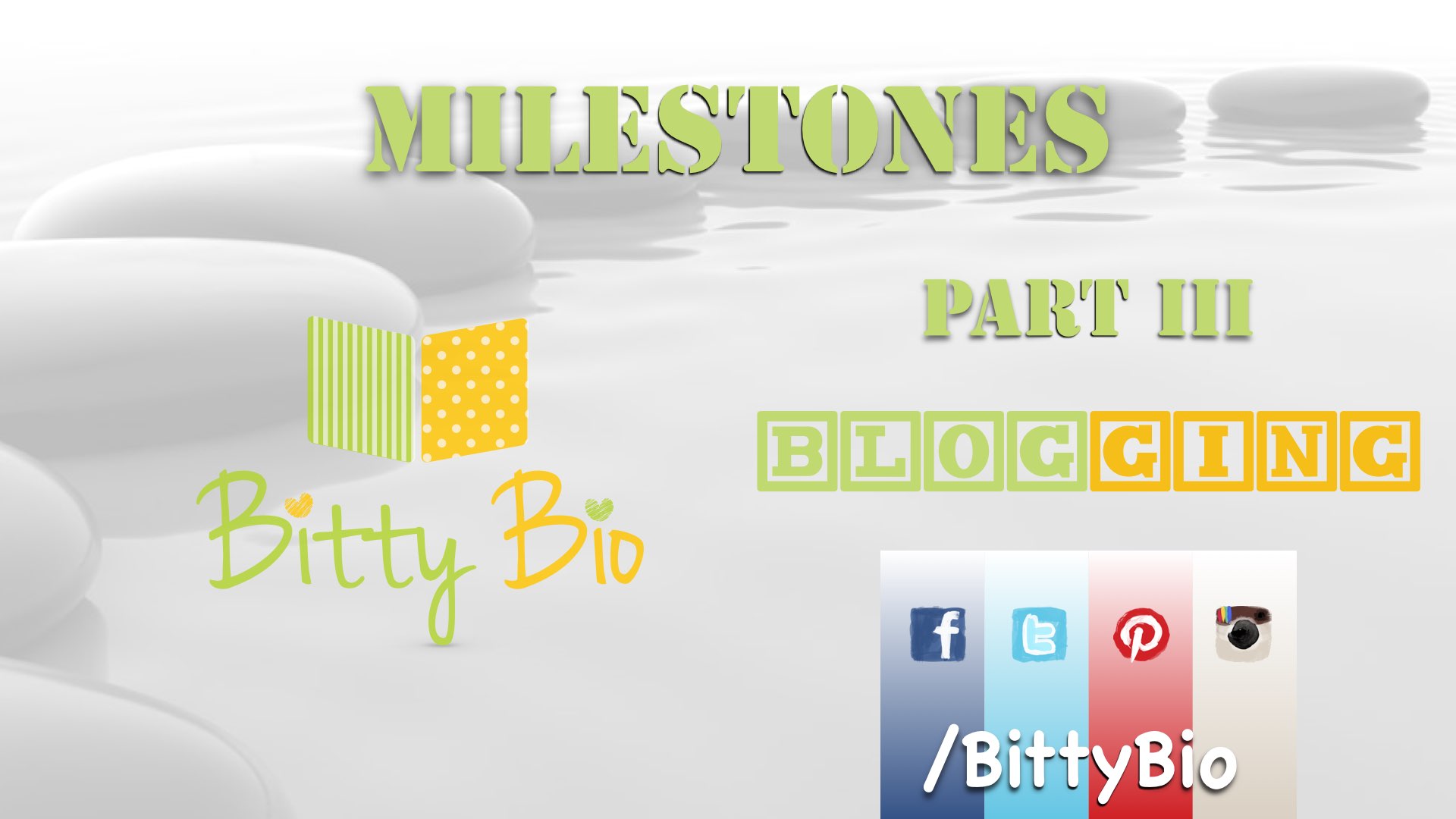Language Milestones 2 to 5 Years Old
10/03/15 09:00 Filed in: Milestones
Speech and Language milestones are a helpful guideline to ensure that your child is on track to becoming a great reader. Remember that these are only guidelines and every child is different.
In case you missed our last entry we looked at milestones for your child from 12 to 24 months. Our focus in this entry will be looking at children ages 2 to 5 Years.
This is a 3 Part Blog Series:
Part I - Birth to 12 Months
Part II - 12 to 24 Months
Part III - 2 to 5 Years

In case you missed our last entry we looked at milestones for your child from 12 to 24 months. Our focus in this entry will be looking at children ages 2 to 5 Years.
This is a 3 Part Blog Series:
Part I - Birth to 12 Months
Part II - 12 to 24 Months
Part III - 2 to 5 Years

2 to 3 years
How you can help your child’s speech and language grow:
3 to 4 years
How you can help your child’s speech and language grow
How you can help your child’s speech and language grow:
From 2 to 3 years, your child:
- Understand many words including words for actions (run, jump, sit down), location of an object (in, under), pronouns (I, you), and simple opposites (big, little)
- Understands most of what you say to him/her
- Uses short sentences like “me do it”
- Pronounces words clearly but not perfectly
- Asks for things by name
- Asks simple questions
- Starts to tell simple stories
- Talks about his/her feelings
- Starts to play with other children
- Will listen to a whole story for up to 15 minutes
- Likes to pretend a make believe
How you can help your child’s speech and language grow:
- Listen when your child talks to you
- Describe what you are doing, planning, and thinking
- Have a conversation with your child, especially during quiet time together
- Be a good speech model - use correct words and phrases without correcting your child directly
- Add words and ideas to what your child says - if your child says “red truck” say “big red truck”
- Ask a few simple questions but not too many
- Play rhyming games with your child “What word sounds like cat?”
- Read books every day
3 to 4 years
From 3 to 4 years, your child:
- Understands many words and most of what you say to him/her
- Understands words that express ideas - like the time of day (morning, tonight), the position of things (in front, down), and questions that start with how and what if
- Understands directions that have 2 or 3 actions (look on the table and find a story book that you would like to read)
- Speaks so that most people can understand almost all of what he/she says
- Uses sentences that have 4 to 6 words
- Asks different questions such as how, why and when
- Can have long conversations with you
- Uses language to joke, tease and pretend
- Plays with other children
How you can help your child’s speech and language grow
- Let your child help you do things such as cooking and gardening - talk about what you are doing
- Keep your child’s conversations going by paying attention and showing that you are interested
- Add new ideas to your conversations (example - talk about how things are the same and how they are different)
- Use words that your child has trouble with in your own speech
- Encourage your child to tell stories using books and pictures
- Start reading longer stories to your child
- Let your child play with other children
- Remember that it is normal for your child to repeat words and sounds at this age
4 to 5 years
From 4-5 years, your child:
- Can follow complex directions (“please pick up your toys and wash your hands before dinner”
- Understands and answers many questions
- Knows the difference between “heavy” and “light, “loud” and “soft”
- Can show you a few colours when you name them
- Is very easy to understand when he/she speaks
- Can tell you what words mean
- Uses complete sentences that have 4 to 8 words
- Can have a long conversation with you
- Listens to stories, conversations and movies
- Remembers a long story that has been read and can tell you about it
- Makes up his/her own stories
- Likes to play with a group of friends
How you can help your child’s speech and language grow:
- Talk about your activities when you are together
- Show your child different ways to use words (examples - use words that mean the same thing, that are opposites, rhyming words)
- Don’t expect perfect speech and try not to ask your child how well she/he can say things in front of others
- Ask your child to help you plan activities such as making a special meal
- Talk with your child as you would anybody else
- Read longer stories with your child
- Let your child make up stories for you
- Expose your child to playmates
Adapted from smallTALK
www.smalltalkinfo.ca
Thanks for joining us. Please leave a comment below and share the post.
blog comments powered by Disqus
